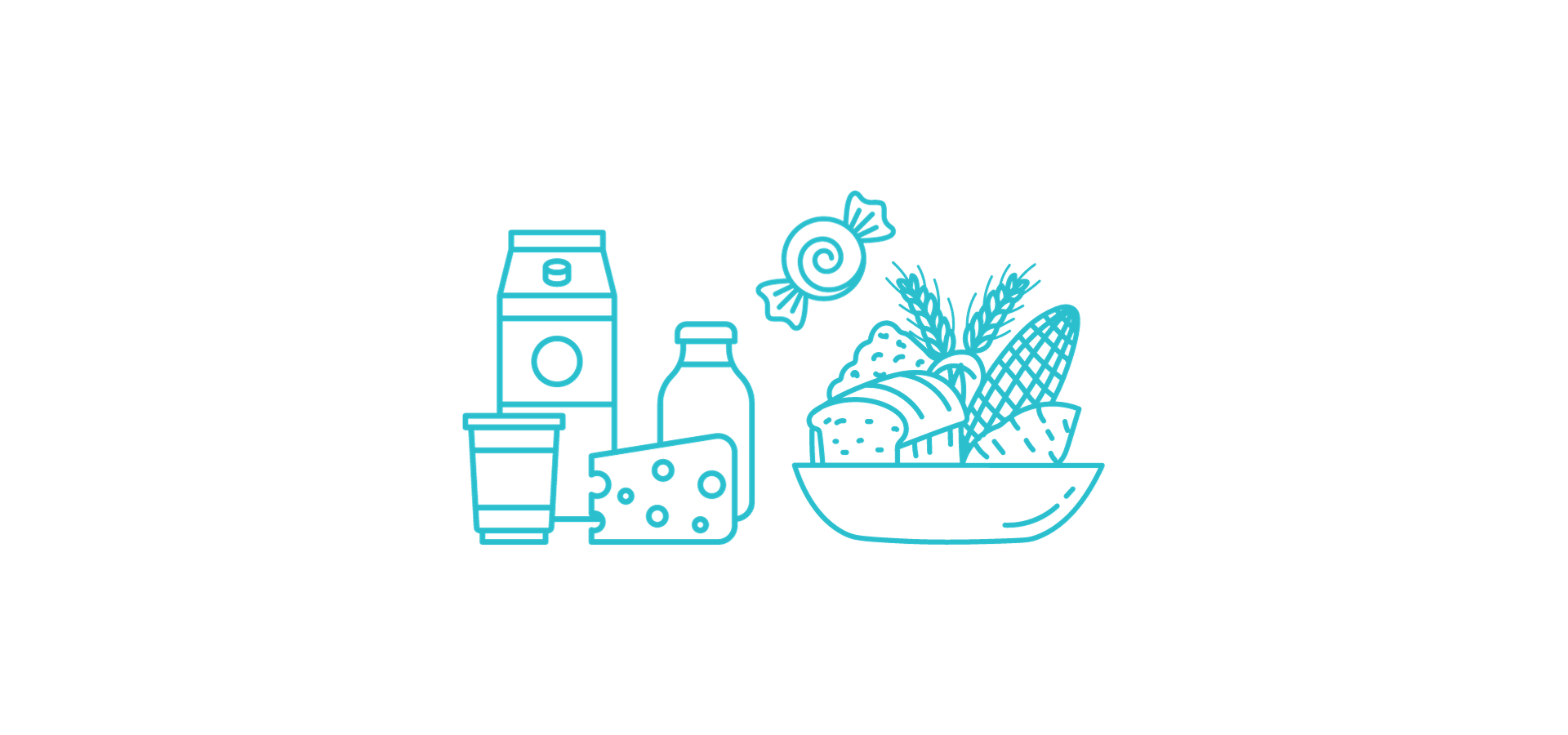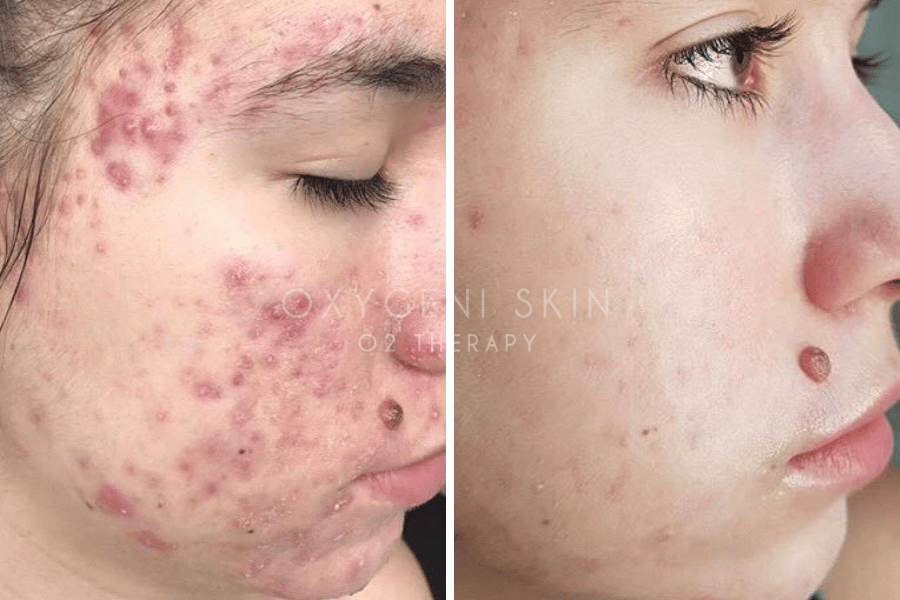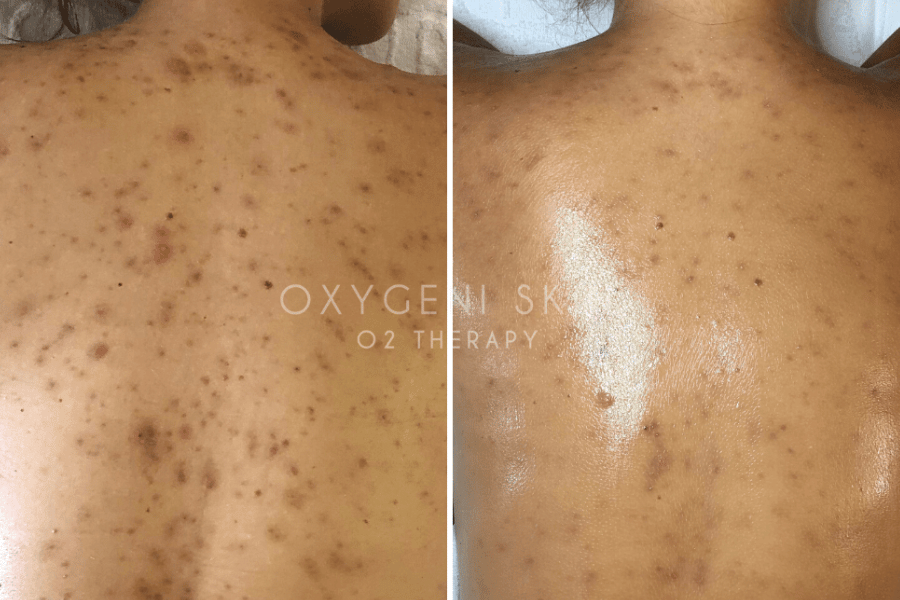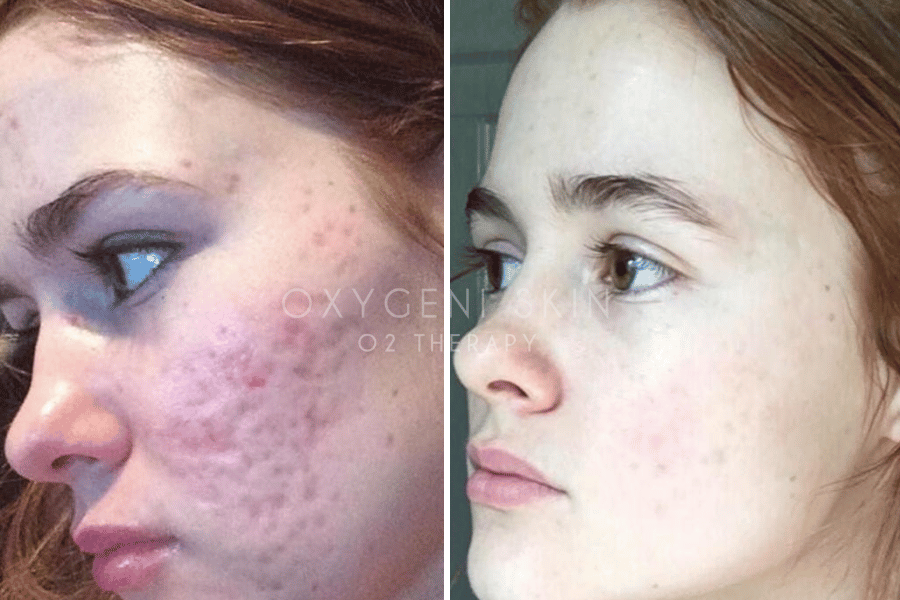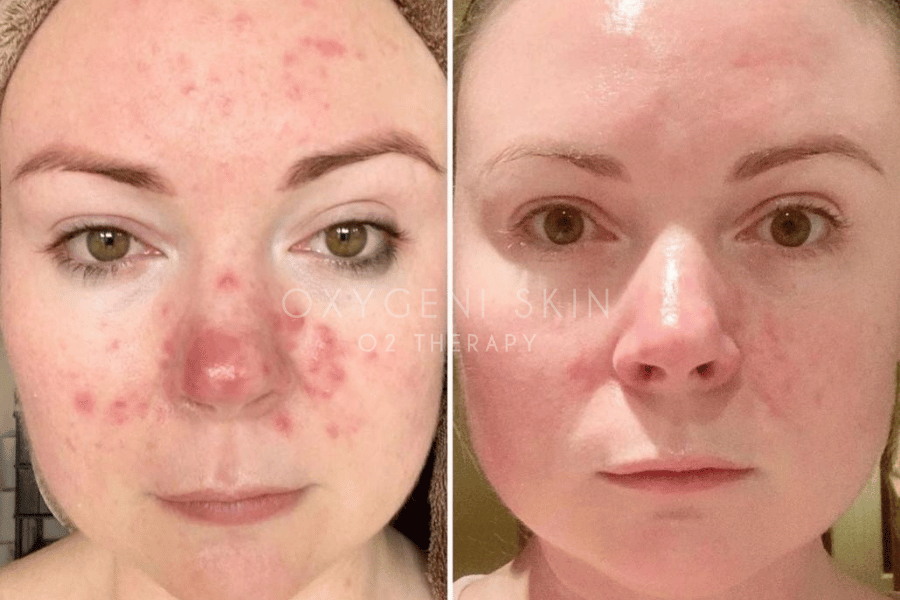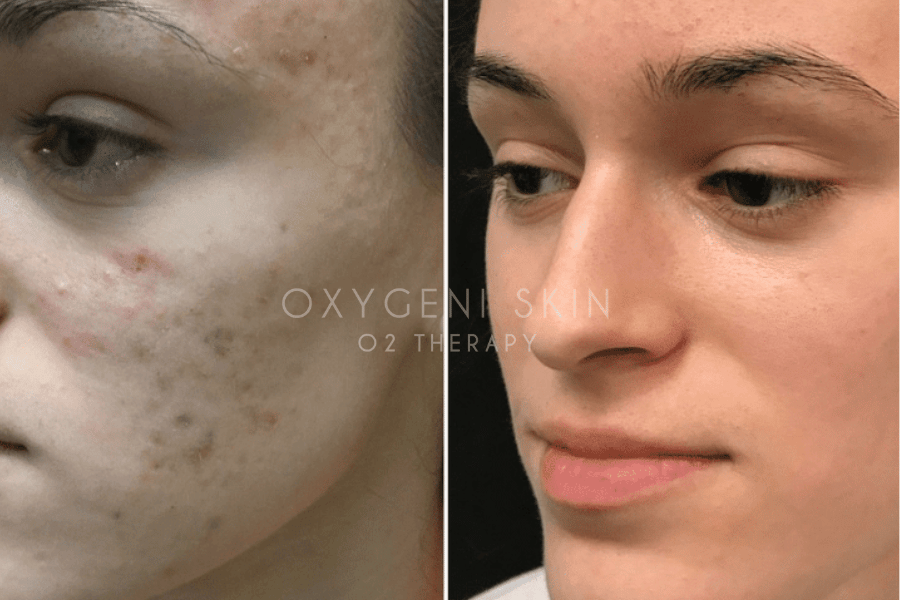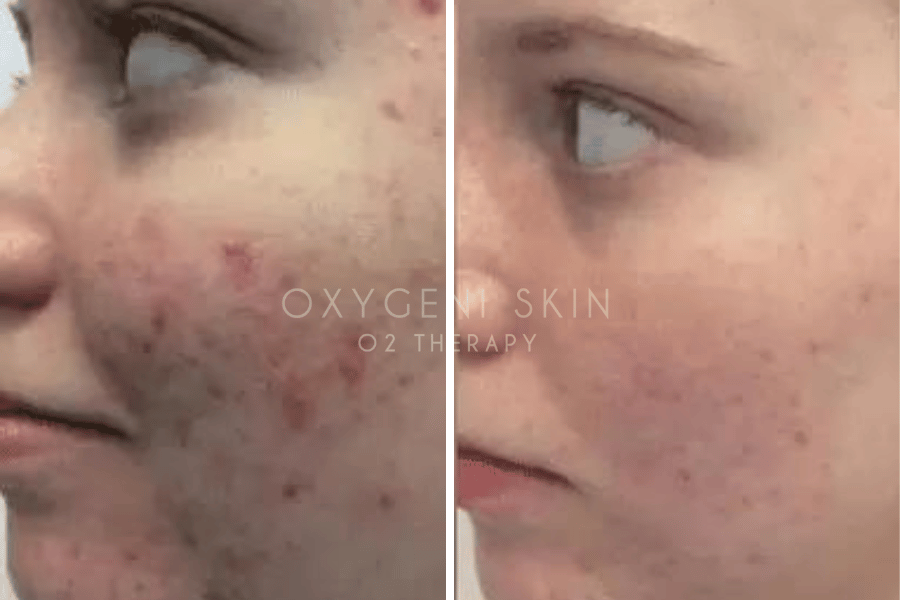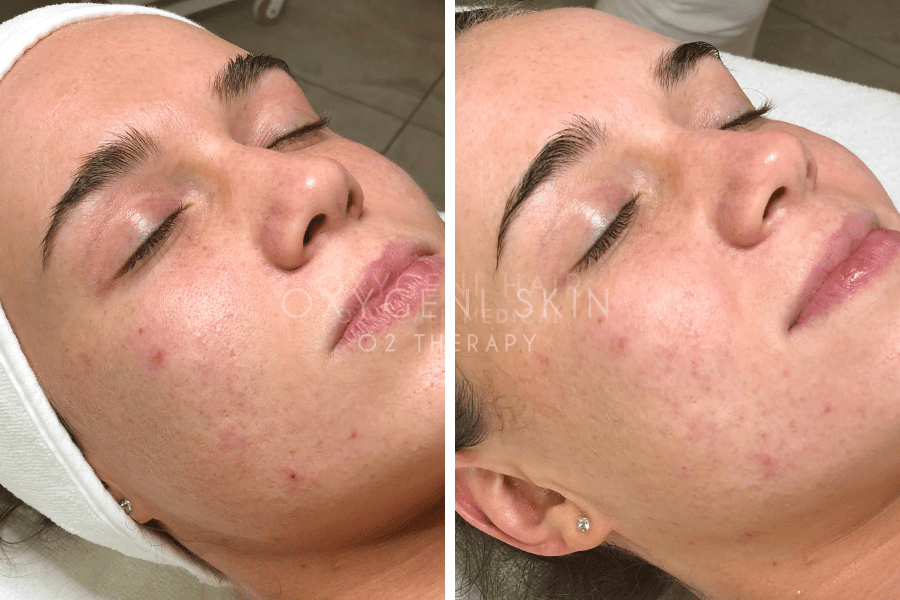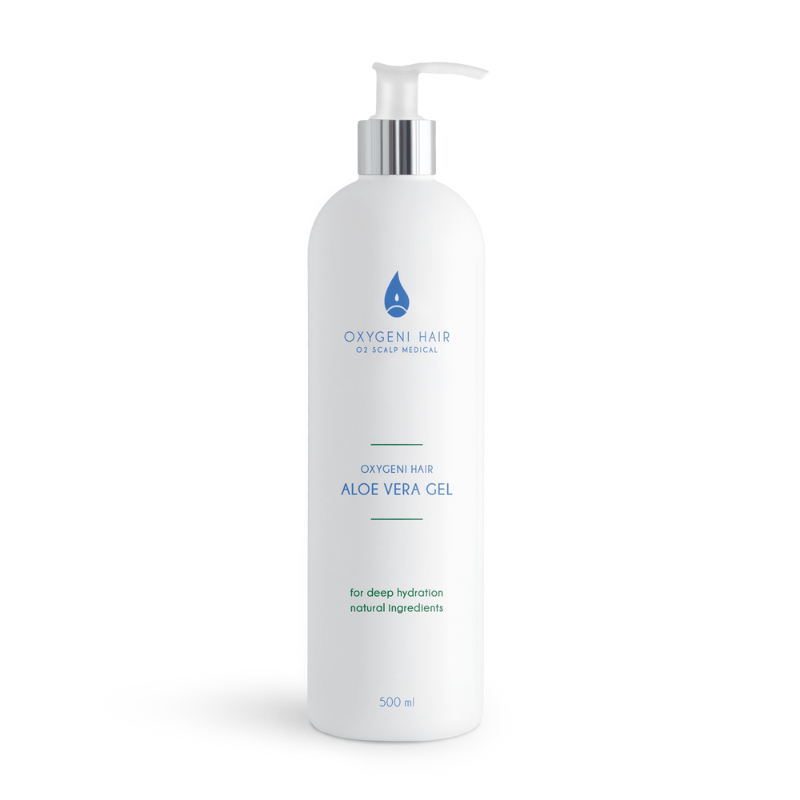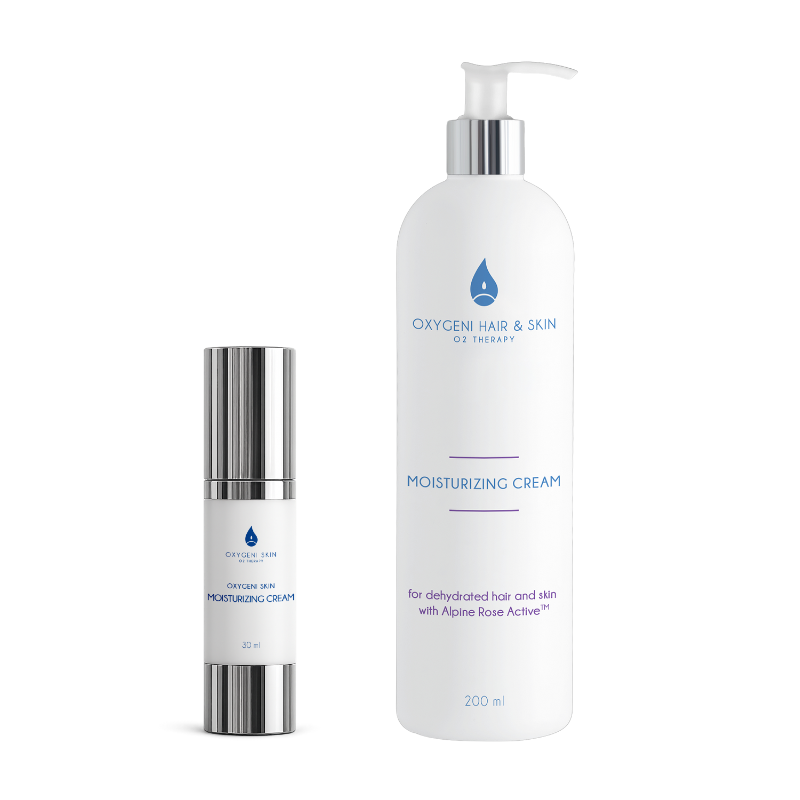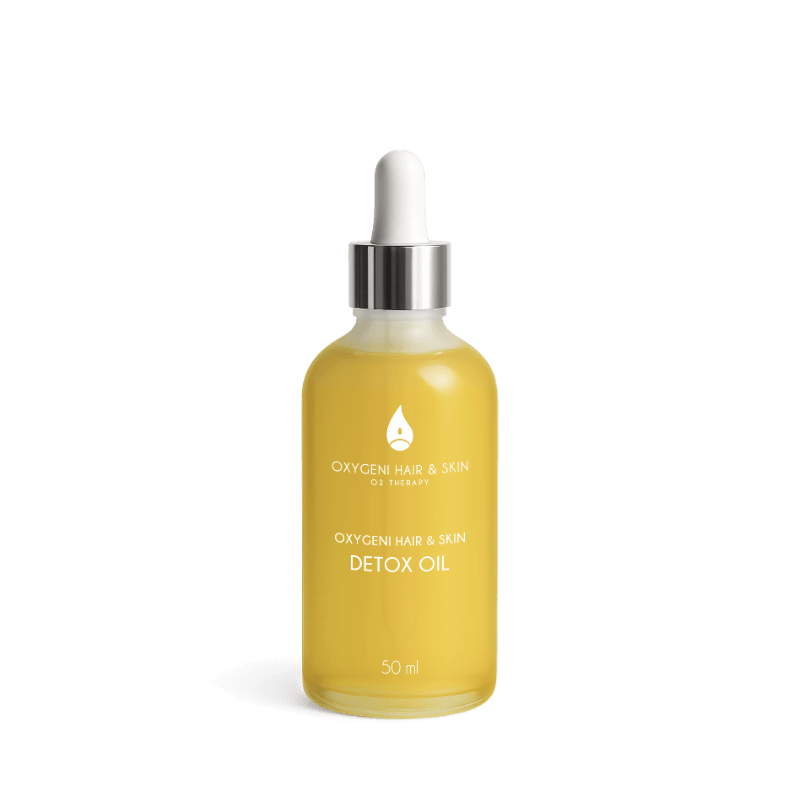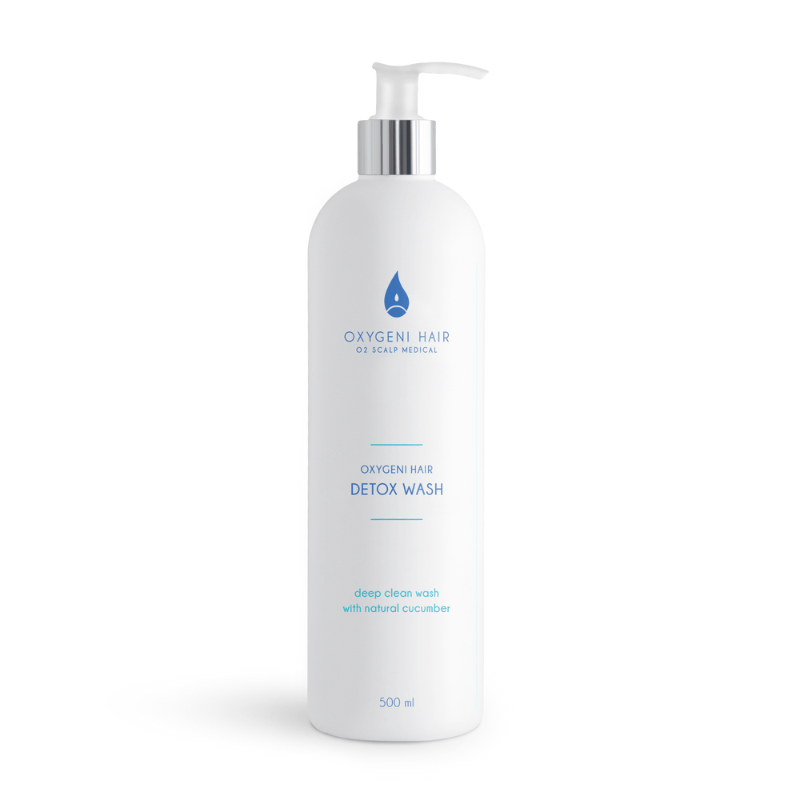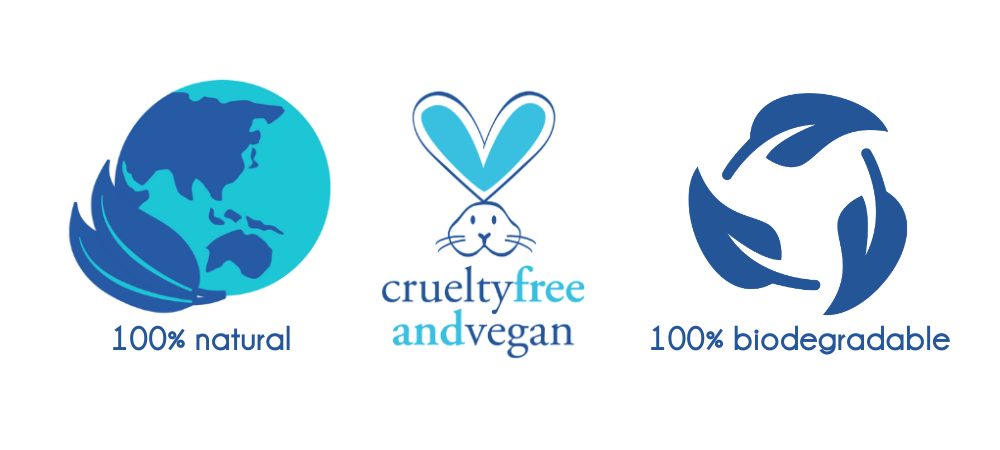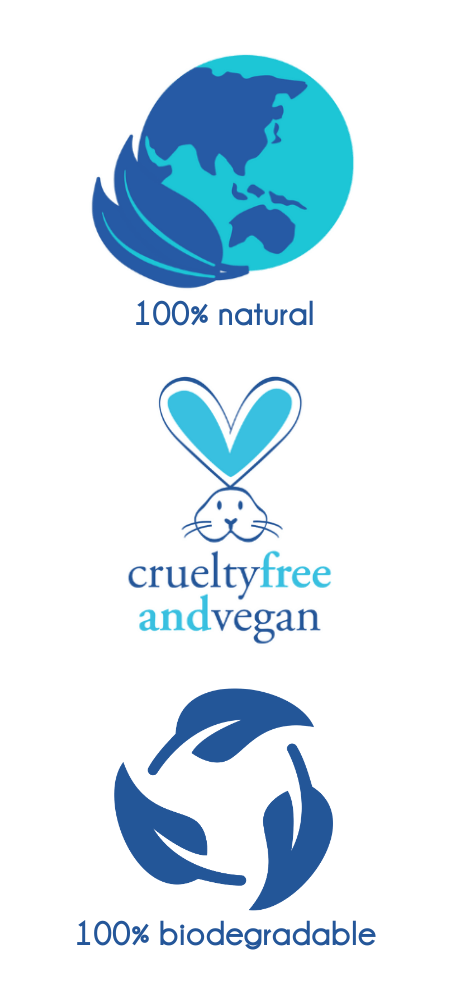Acne
ACNE
One of the most common skin conditions

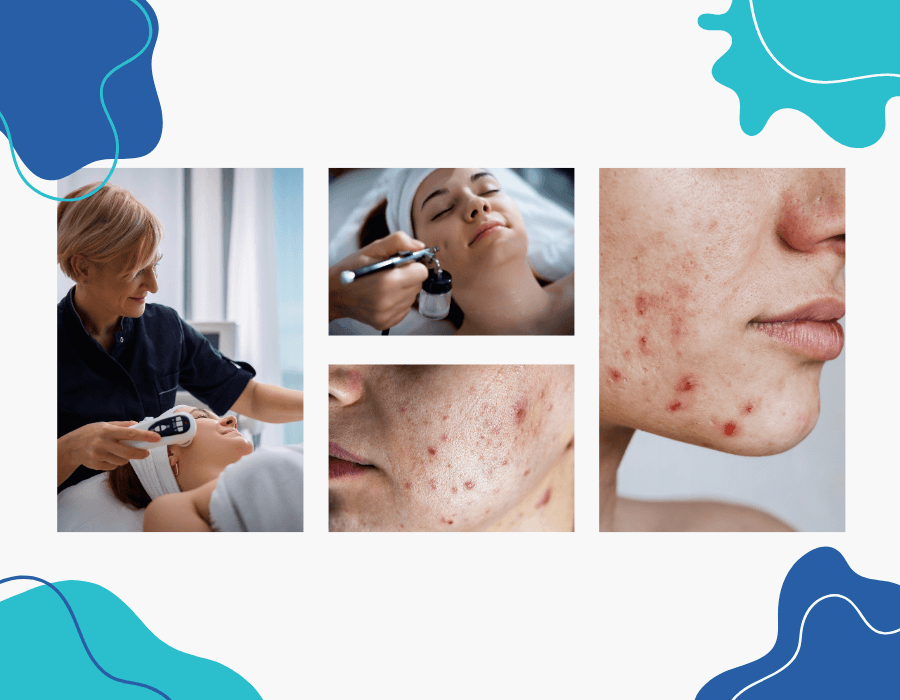
The Development of Acne
Acne and pimples affect a large number of people globally, and contrary to popular belief, they are not just limited to teenagers. Many people think that acne will disappear with age, but in reality, it affects a significant number of adults as well. Cosmetic treatments often only address the symptoms, providing temporary or in some cases more lasting improvements to the skin. However, true long-term improvement can only be achieved by addressing the underlying internal or external environmental causes, not just the symptoms.
The causes of acne can be hormonal, bacterial, or due to inflammation within the body, stress, emotional factors, allergies, poor diet, or excessive sugar consumption. It can also be a side effect of certain medications, and poor hygiene, unsuitable cosmetic products, and bad skincare habits can also play a role.
The problem may be caused by a combination of factors: intolerances, unsuitable product use, a sedentary lifestyle, and unhealthy eating habits. Therefore, it may be beneficial to make lifestyle changes to reduce inflammation.
The Process of Acne Development
1.
Pores become clogged, which, if open-ended, oxidizes and turns black, forming blackheads.
2.
The oily skin layer becomes a favorable environment for bacteria to multiply.
3.
The immune system responds with inflammation, often leading to pus-filled, inflamed lesions. These inflamed acne lesions most commonly appear on the face, back, chest, or any area with oilier skin.
Characteristic Skin Symptoms of Acne
Acne symptoms are easily recognizable: visible, inflamed, reddish pimples on the skin.
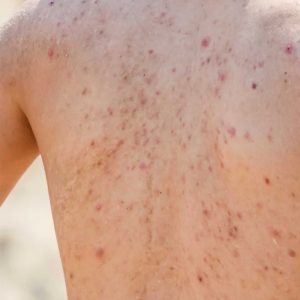
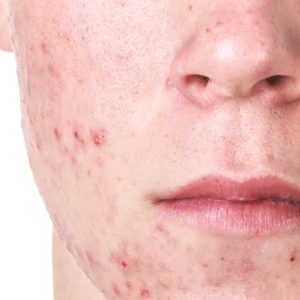
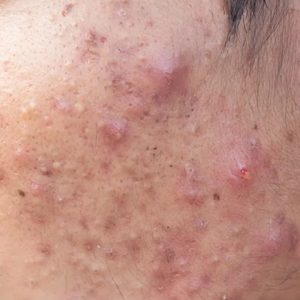
Acne can be categorized into three severity levels:

Mild acne is characterized by many blackheads around the face with little inflammation. Symptoms tend to resolve on their own relatively quickly.

Moderate acne involves more inflamed nodules and sometimes a few blisters alongside blackheads. These symptoms can be more uncomfortable, as the larger nodules can be painful.

Severe acne presents with many painful, inflamed nodules on the skin, often filled with pus. In such cases, the entire face or skin surface may be covered with inflammation, which can merge into abscesses. In rare cases, skin symptoms may be accompanied by fever.
What can trigger or worsen Acne?
Some dose of stress is healthy in our lives, but prolonged, excessive stress can harm our health.
Certain chemicals in skincare products can aggravate acne, making it important to choose suitable, non-irritating products.
A predisposition to acne can be inherited, but with the right lifestyle and skincare routine, this problem can be prevented.
Nutrients consumed enter the bloodstream and reach the deeper layers of the skin, and the same applies to toxins. Therefore, it’s crucial to monitor what we eat to maintain healthy skin.
Our skin needs vitamins and minerals. If these are not adequately supplied, it can contribute to the development of skin problems.
Illnesses weaken our immune system, and prolonged illnesses can also reduce our skin’s natural defense.
Hormonal changes can trigger sebum and keratin production. Excessive keratin can block pores, as can overproduction of sebum.
Acne as a Natural Part of Detoxification
Acne as the Skin’s Diabetes
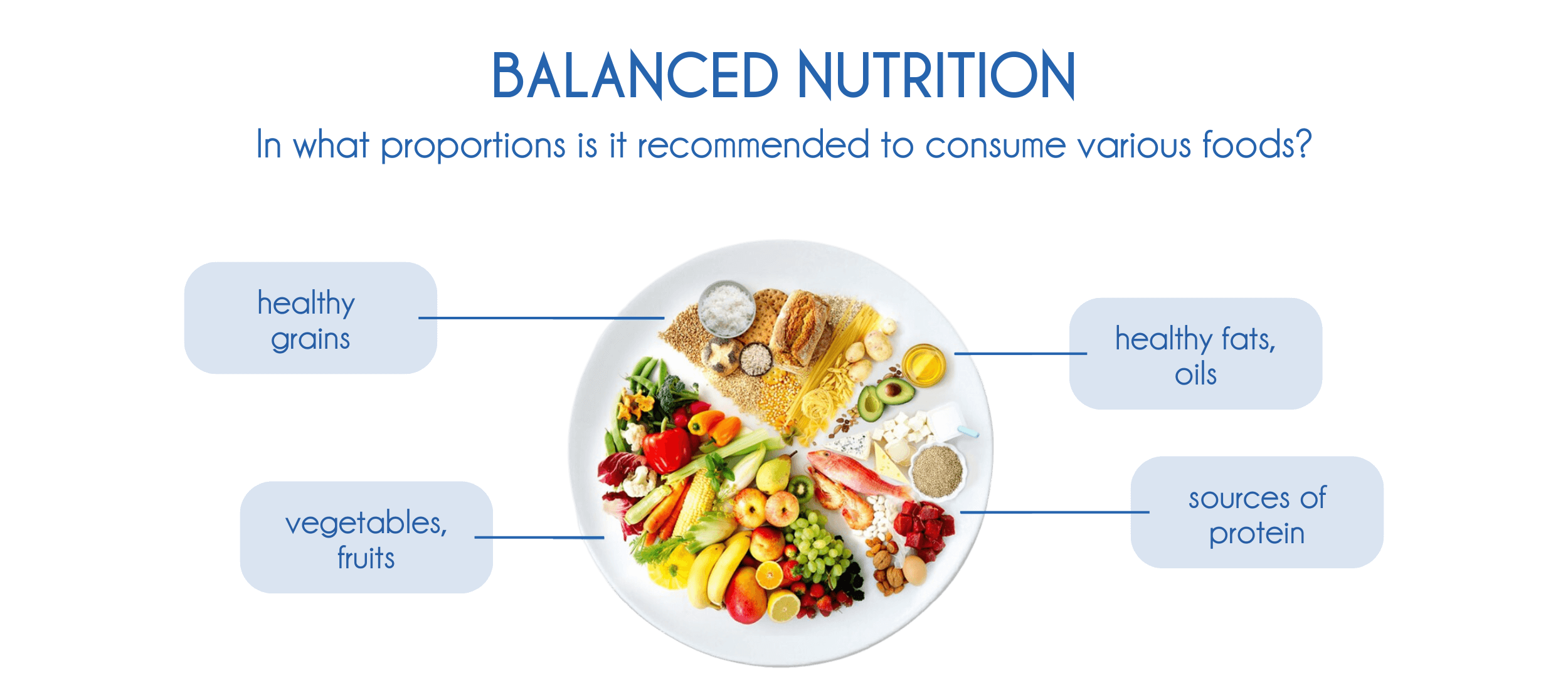
Acne Can Be Caused by Food Intolerance
Food intolerance is a condition where a person cannot properly digest or process certain foods or ingredients, often leading to digestive issues such as bloating, diarrhea, or abdominal pain. Additionally, food intolerance can cause inflammation in the body, which can affect the skin’s condition and contribute to the development or worsening of acne.
The inflammatory response is the immune system’s reaction to foreign substances or irritations, and if the inflammation caused by food intolerance is persistent, it can lead to the development or worsening of acne. The relationship between food intolerance and acne can vary from person to person. Depending on the severity of the intolerance, not everyone will experience acne problems. If someone suspects that their food intolerance is linked to acne or other skin issues, an elimination diet and monitoring symptoms can help identify these connections.
Hormonal Acne - What Hormonal Changes Can Cause Acne?
Hormonal Changes During Adolescence
During adolescence, androgen hormones stimulate the skin to produce more sebum (oil), which can make the skin on the face and often the back oily. The combination of sebum and dead skin cells clogs pores, leading to inflamed pimples.
High DHT Levels
A high level of testosterone often coincides with an increase in DHT levels. DHT, a derivative of testosterone, boosts sebum production in the skin, which leads to the development of acne.
Menstruation
Hormonal acne can appear in women due to hormonal changes during the menstrual cycle. Some experience skin problems before ovulation, while others do so after menstruation.
Menopause
During menopause, estrogen levels decrease in women, disrupting the previous hormonal balance. As in the above cases, this leads to increased sebum production and the development of acne.
Hormonal Balance Tips
Avoid xenoestrogens!
Xenoestrogens are artificial hormones that mimic the effects of estrogen in the body. These can be found in foods treated with pesticides or herbicides, plastic packaging, and certain household cleaning products, as well as in tampons, sanitary pads, and condoms. Fortunately, many alternatives free from these synthetic substances are now available, so it’s advisable to choose those whenever possible!
A healthy liver is the key to hormonal balance!
The liver plays a crucial role in the body’s natural detoxification processes and in maintaining hormonal balance. If toxins accumulate in the body faster than the liver can break them down, its function slows down, making it unable to filter out estrogen effectively, which can lead to estrogen dominance. To avoid this, consider using liver-supporting dietary supplements.
A proper diet can help
High glycemic index carbohydrates and foods high in sugar can cause spikes in blood sugar and insulin levels, which are often accompanied by increased testosterone levels. To prevent this, focus on healthy eating and ensure the proper balance of different food types in your diet.
The vicious cycle of acne and stress
The human body is extremely sensitive to stress. When we are stressed, stress hormones, including cortisol, are released in the body. Cortisol increases sebum production in the skin, which raises the chances of developing acne. To make matters worse, during particularly stressful periods, we often have more pressing concerns than skincare. Additionally, some people tend to relieve tension by picking at their skin, which can further impede healing and cause additional discomfort.
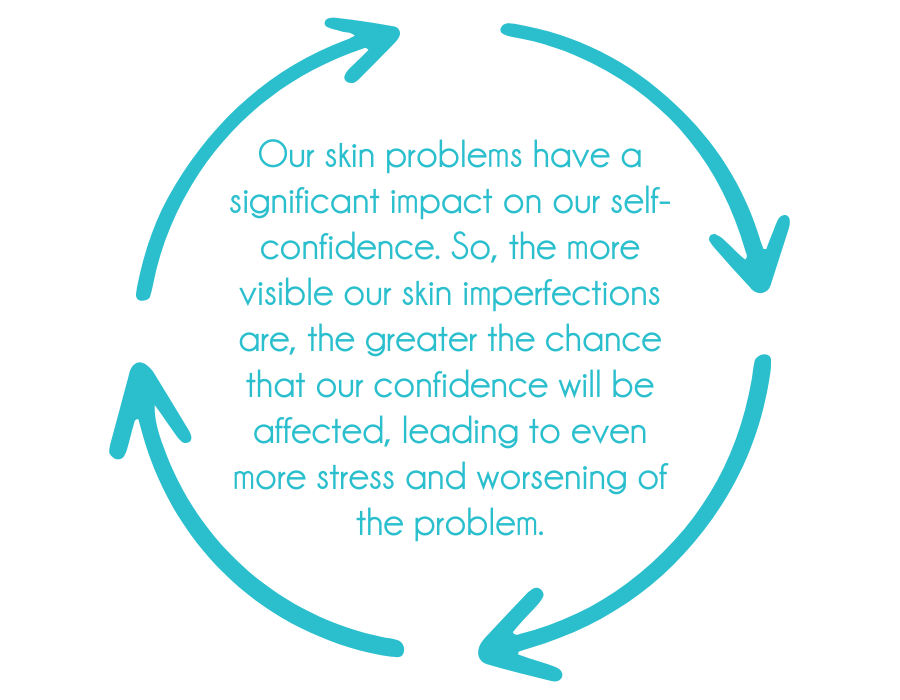
Tips to help manage stress
Start your morning with a simple meditation practice. Incorporate this into your daily routine.
Spend time outdoors. Get plenty of fresh air and exposure to natural light.
Be creative. Try painting, writing, or cooking something delicious; take time to express your creativity.
Discover a new hobby to create new neural pathways.
Exercise regularly, practice yoga.
Find a breathing exercise that works for you.
Exercise regularly to prevent acne
Ideally, we should spend most of our day being active and engaging in sports. However, much of our movement is limited to activities like shopping or standing at work. We rarely do cardio or stress-relief exercises. Regular physical activity improves circulation, supplies the body with oxygen, helps detoxification, and contributes to stress reduction. The most important thing is to find a sport you truly enjoy.
Treating acne
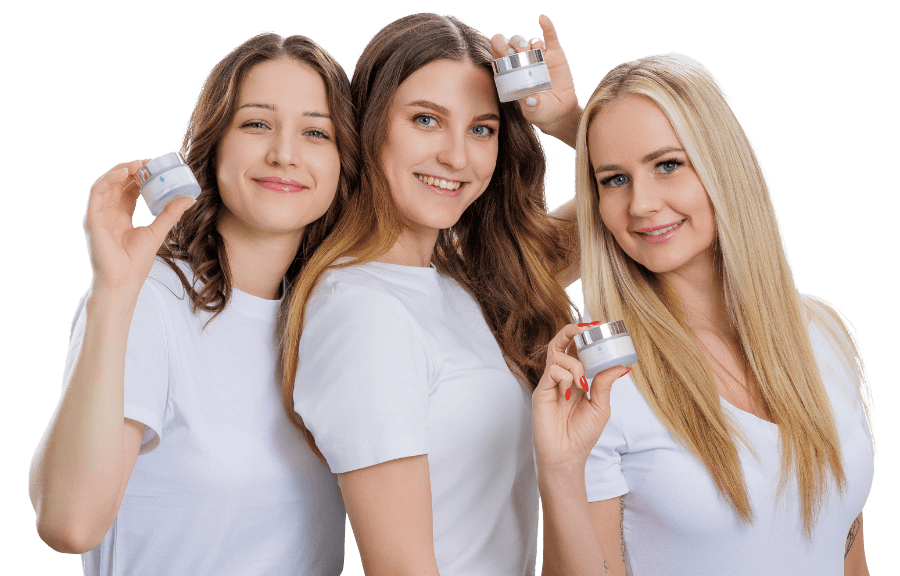
Be cautious when picking at skin blemishes, as this often does more harm than good. Only black-headed comedones (blackheads) should be extracted. These are located in the skin’s wider pores, and because their surface is open, they can be easily cleaned with gentle pressure.
Avoid overly frequent or intense cleansing, as this can delay healing. After cleansing, the skin often enters an inflamed phase, especially in acne-prone skin.
During acne outbreaks, it is advisable to avoid needle-based cosmetic treatments, as these can cause scarring and secondary infections. Based on this, needle-free mesotherapy may seem like a suitable solution. However, the downside is that it may not deliver active ingredients deep enough into the skin, so while it has many positive effects, it may not fully resolve the issue.
Ultrasound treatments can be very effective, as they deliver active ingredients deep into the skin without causing damage. The only precaution is to ensure that the treatment is performed with 100% natural ingredients, as harmful chemicals penetrating deeper skin layers can do more harm than good.
Laser therapy is an excellent choice for treating scars. When opting for this treatment, timing is crucial. Since laser treatments can make the skin sensitive, it is best to undergo them in the winter.
Peeling treatments, like laser treatments, are only recommended in winter, as they can make the skin photosensitive. It’s important to remember that peeling agents can cause irritation and allergic reactions, so not everyone’s skin is suitable for these treatments.
Beautician Mónika Tóth’s advice
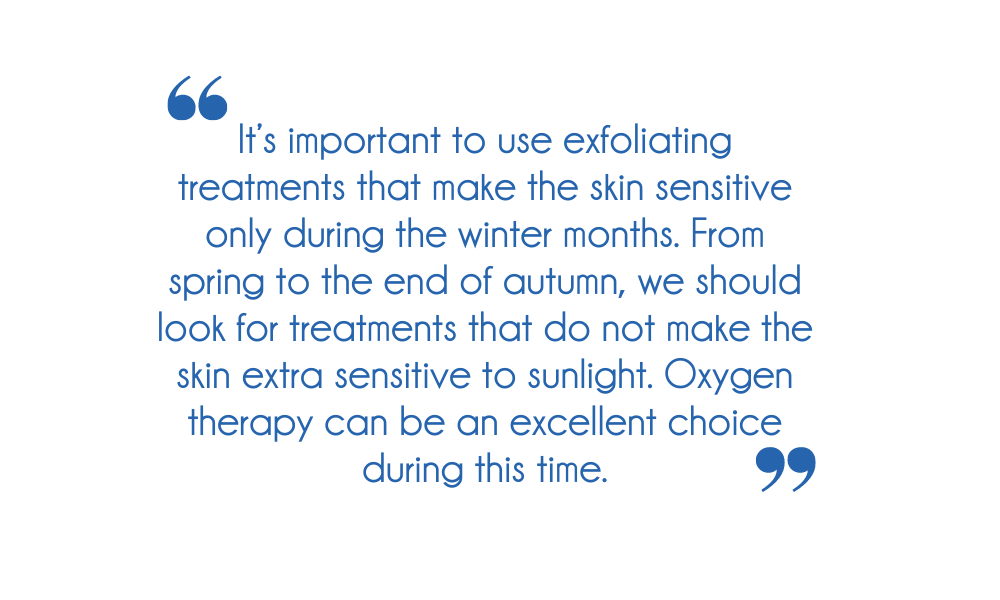
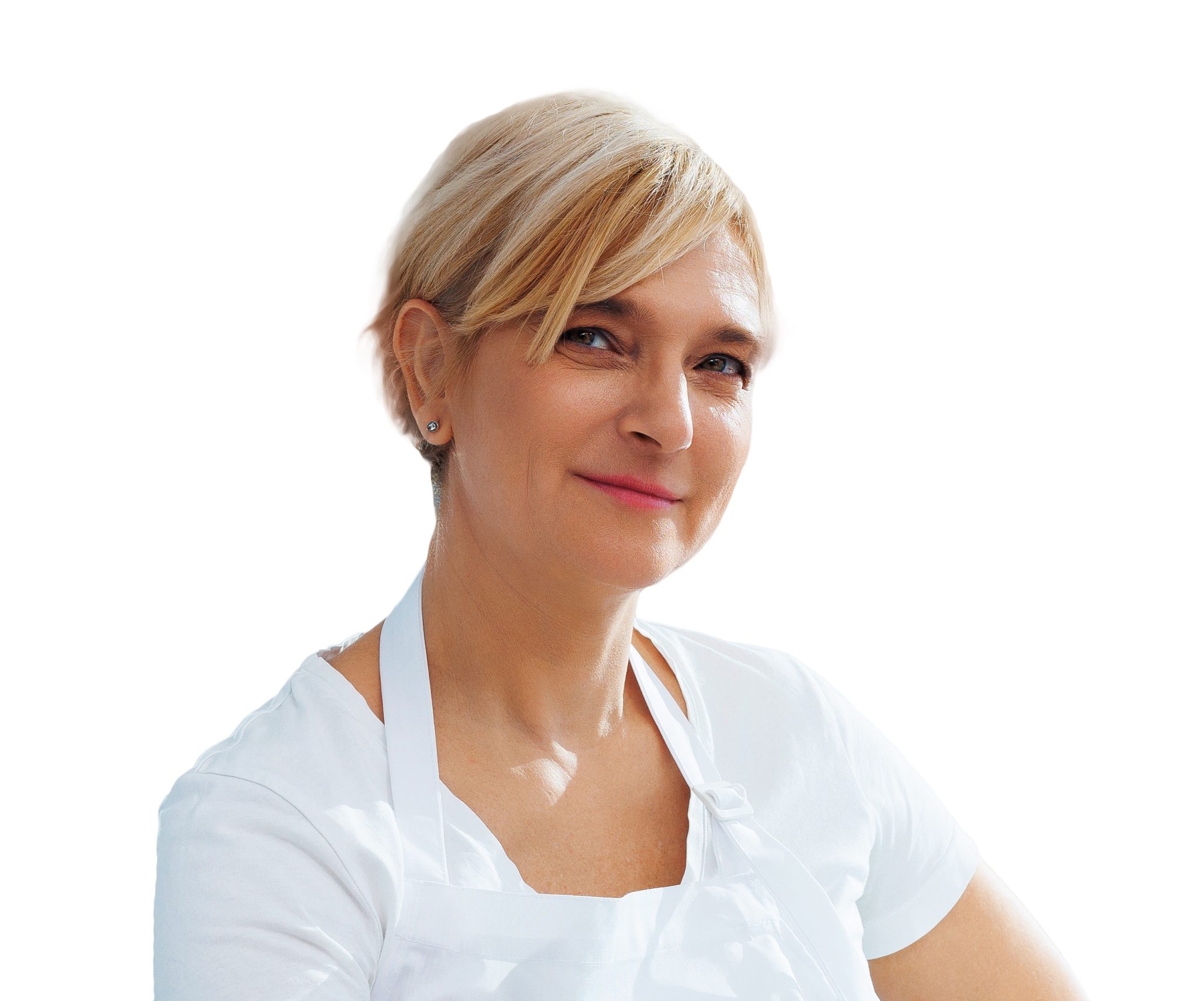
Acne Treatment with Cosmetic Oxygen Therapy
Cosmetic oxygen therapy can achieve remarkable results. The treatment is 100% reliable and risk-free, and it uses only natural active ingredients. The cells rejuvenate through proper oxygen, vitamin, and mineral supply, the skin is cleansed of impurities, and its pH balance is restored thanks to the acid-neutralizing effects. On our open day, you can try the treatment at a discount, receive a free diagnosis of your skin problem, and even purchase our products at a reduced price.
Cosmetic oxygen therapy does not make the skin photosensitive, so it can be applied even in the summer. Typically, 5-10 sessions are sufficient when combined with a proper at-home skincare routine, but more sessions may be necessary for severe issues.
Cosmetic oxygen therapy results
Want to learn more about cosmetic oxygen therapy treatments?
Why is a good skincare routine important?
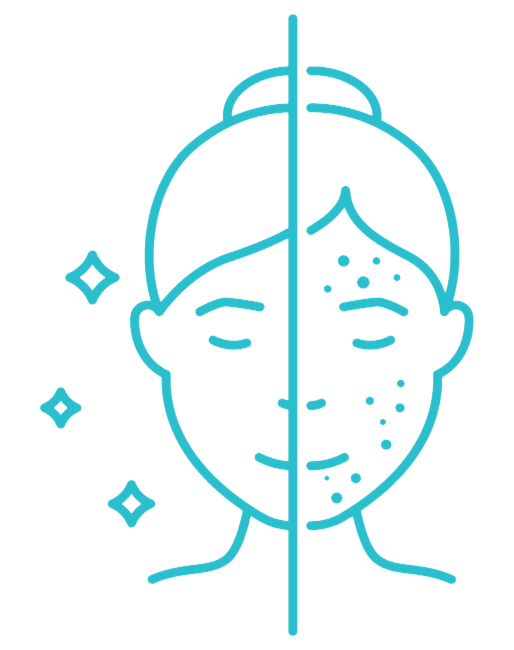
We need to take much better care of our skin than we might think.
The skin is the most sensitive organ of our body, and it is also the most important one. The first step in a healthy skincare routine begins with protecting our skin from external factors and not harming it through our negligence.
This protective layer is vital for absorption and elimination, regulating our body temperature, protecting us from intruders, and serving as an excellent sensory organ for the external environment. A diet rich in sufficient water, good fats, vitamins C, D, and A, and nutrients is essential for maintaining our skin’s function.
Caring for acne-prone skin
There are several reasons why it’s important to treat this skin condition. First, inflamed lesions can cause permanent scars that may leave a lasting mark on our skin. Secondly, due to aesthetic concerns, it can be mentally taxing on the individual and may lead to a decline in quality of life and depression if the condition does not improve.
Acidic and drying cosmetics may seem like a good solution at first, but they can often lead to serious allergies or new skin problems.
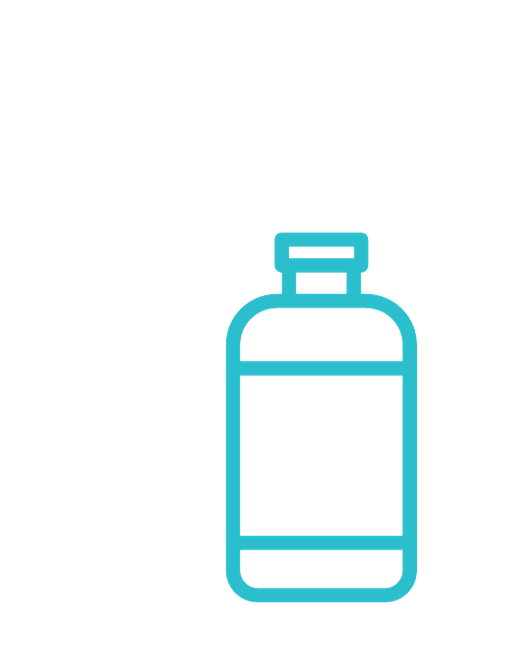

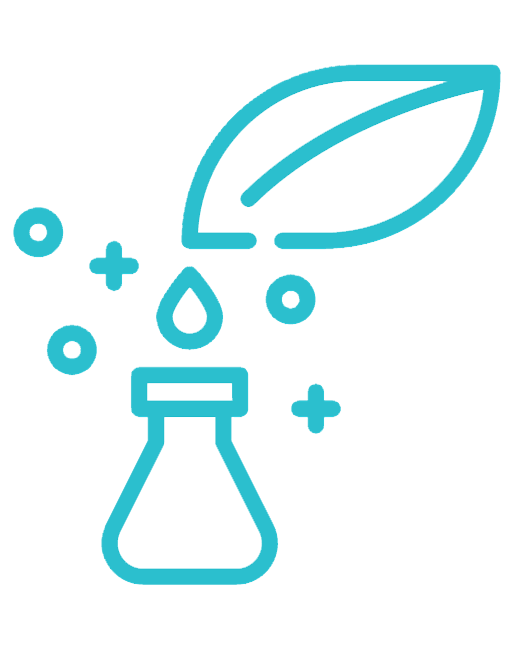
Natural cosmetics against acne
In the long run, it is important to replace our hair and skincare products with chemical-free, natural, products made of 100% vegan active ingredients.
For those suffering from acne problems, it is particularly important that their skin and scalp are cared for with suitable products that disinfect and hydrate the skin without causing further irritation. Oxygeni Hair & Skin products are rich in vitamins, minerals, and trace elements, and due to their chemical-free nature, they provide maximum care for the skin.
Choose Oxygeni Hair and Skin products!
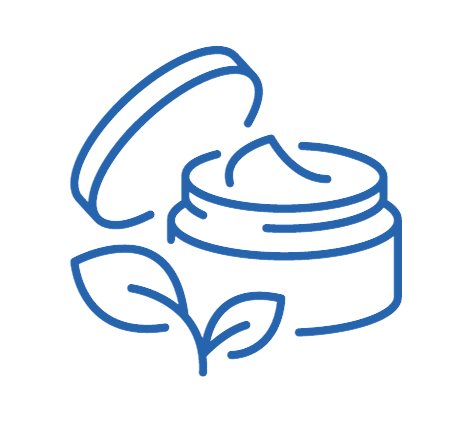
Can you imagine the damage you could be causing to your body by using toxic products?
Your skin is your largest living, breathing organ. It absorbs up to 60% of what you apply to it, so it’s important to use only what is best for your skin!
Non-organic, industrial skincare products contain a lot of toxins. The best way to avoid harmful skincare products is to switch to products made from natural and organic ingredients, like Oxygeni Hair & Skin products.
Natural active ingredients against acne:
Tea Tree Oil: The essential oil extracted from tea tree leaves has antibacterial properties. It is excellent for treating acne-prone skin, reducing inflammation, and lightening existing scars. It stimulates circulation, alleviating the symptoms of acne, eczema, and psoriasis due to its anti-inflammatory properties.
Castor Oil: One of the thickest vegetable oils, with many beneficial properties. Thanks to its ricinoleic acid content, it has antibacterial properties, making it effective in treating inflamed, wounded skin. It is extremely moisturizing, making it an excellent aid in caring for cracked, irritated skin.
Jojoba Oil: It has a water-binding effect, forming a protective layer on the skin and helping to retain moisture, making it a great moisturizer. Additionally, it helps prevent bacterial infections. It helps to destroy not only bacteria but also fungi. It naturally contains vitamin E, one of the best skincare vitamins. It doesn’t clog pores and allows the skin to breathe, so it can be used by those with oily, acne-prone, or inflammation-prone scalps. Jojoba’s antioxidant content may stimulate the body’s collagen production, helping to maintain youthful, firm skin. It is also very effective for oily, acne-prone skin, as it has anti-inflammatory properties. After jojoba oil treatment, hair follicles are cleansed and become healthy again.
Shea Butter: The high-fat butter extracted from the shea fruit contains essential fatty acids, vitamin E, and beta-carotene, which have excellent moisturizing, regenerating, and skin-softening effects. It has been used for generations to maintain and protect the condition of the skin and hair against the harmful effects of sun, wind, and other external factors. Due to its sunscreen properties, it prevents the formation of wrinkles and signs of aging. It effectively moisturizes, conditions, and regenerates. It successfully treats eczema and psoriasis and also has anti-inflammatory properties.
Olive Oil: Its nourishing, moisturizing, and skin-softening effects have multiple beneficial effects on the skin, including delaying skin aging. It softens and nourishes the skin, penetrating into its deeper layers, and helps maintain its natural water balance. Thanks to its mild anti-inflammatory effect, it helps irritated, cracked, and damaged skin. Its excellent moisturizing properties are also beneficial for the scalp and hair. As a gentle, natural oil, it can be safely used by even the most sensitive skin types.
Vitamin E: Vitamin E is a fat-soluble vitamin with antioxidant properties that protects against the harmful effects of free radicals by inhibiting the production of free radicals that form during cell oxidation processes and their cell-damaging effects. It has soothing and anti-inflammatory properties.
Coconut Glucoside: It contains large amounts of vitamins B, C, and D, essential fatty acids, various minerals, and trace elements. It boosts the skin’s immunity, helps reduce inflammation and irritation, and improves the skin’s resistance to environmental factors. It has firming and elasticizing effects, increases skin density, enhances the mechanism of cell adhesion, stimulates the synthesis of extracellular matrix elements, and improves the viability and production of fibroblasts in the skin. It helps maintain the structural integrity of the skin and increases collagen production.
Cucumber Extract: Rich in vitamins and trace elements, it has a strong moisturizing effect and is anti-inflammatory. It soothes the skin and also has cleansing and astringent properties that fight against pigmentation spots.
Panthenol: Also known as vitamin B5, it is an essential element for our body. It participates in the regeneration of tissues and mucous membranes, the repair of damaged skin, and promotes cell renewal. Additionally, pantothenic acid speeds up fat metabolism, reduces tissue inflammation, and strengthens collagen fibers. Panthenol has a broad spectrum of effects and can be applied to many problems. It helps eliminate itching and the excessive activity of the sebaceous glands.
Chamomile: Chamomile is known for its epithelializing, anti-inflammatory, and anti-allergic properties, making it suitable for treating damaged, eczematous, irritated, or wounded skin surfaces. Chamomile can be used regardless of skin type, but it is especially recommended for sensitive skin. Its use helps maintain a youthful appearance, promotes wound healing, reduces inflammation, and soothes the skin thanks to its antibacterial effects. It is an effective solution for treating acne-prone, inflamed, or irritated skin. Chamomile oil can penetrate the deeper layers of the skin and exert its beneficial effects there.
Witch Hazel: The tannins in witch hazel constrict tissues, aid in blood clotting, and have anti-inflammatory effects. The tannins have cell-protective properties because they are excellent free radical neutralizers, and the proanthocyanidins can reduce the skin’s water loss. Witch hazel is commonly used in cosmetics because its vascular toning, capillary-tightening, and skin-regenerating effects make it an excellent firming and wrinkle-reducing herb, effectively applied for dark circles and sagging, puffy eyes.
Try Our 100% Natural Products!
Conventional cosmetics often contain chemicals that can irritate the skin, trigger allergic reactions, or cause skin issues. By switching to our products made with natural ingredients, your skin will thank you in the long run. Discover the world of natural skincare routines and the long-term benefits of using 100% natural skincare products!
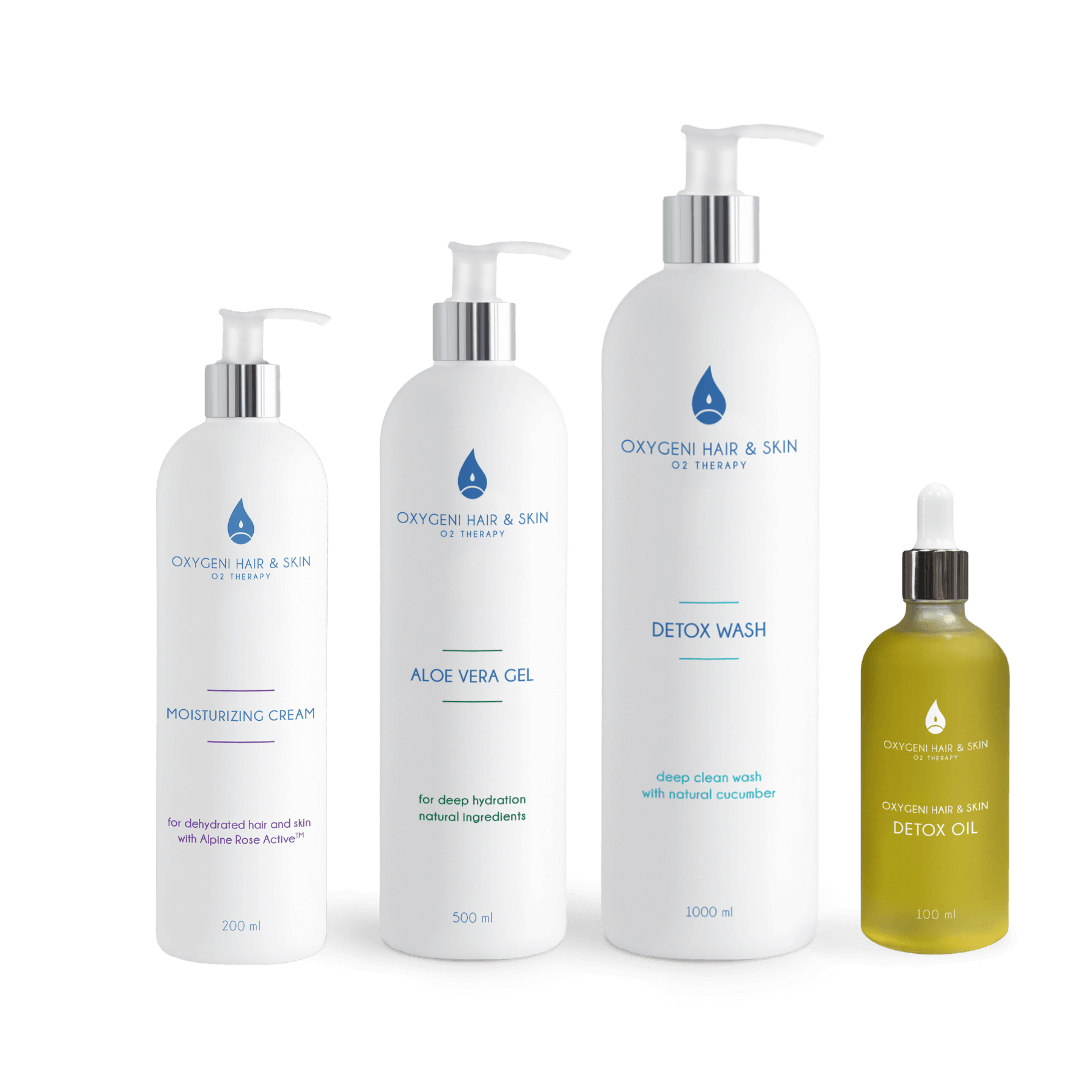
Recommended products against acne:
The main active ingredient of Detox Wash is cucumber extract, which regulates sebum production, making it excellent for oily scalps. Additionally, it has strong cleansing, astringent, and anti-inflammatory effects. It is a product rich in vitamins, minerals, and trace elements.
The main active ingredients of Detox Oil for detoxifying skin and hair include tea tree oil and rosemary oil, which contribute to detoxifying the scalp and skin and reducing inflammatory processes. It is rich in vitamins, minerals, and trace elements. The tea tree oil, which stimulates blood flow, has anti-inflammatory and antifungal effects. It is a perfect solution for treating infected, inflamed, or damaged epidermis.
Moisturizing Cream is a perfect solution for any SOS hair or skin problem, it is 100% chemical-free. With the power of witch hazel, shea butter, and floral waters, this multifunctional cream intensely hydrates without leaving a greasy feeling on the skin and hair. It fights against inflamed, sensitive, dehydrated skin problems. Due to its anti-inflammatory and extremely high antioxidant content, it has cell-rejuvenating and free radical-neutralizing effects.
Oxygeni Hair Aloe Vera Gel is produced by cold pressing aloe vera. Thanks to its germicidal and anti-inflammatory effects, it effectively targets problem areas. It is a versatile product recommended for dermatological and trichological purposes for the care of the scalp, hair, and entire body.
For the skin:
- Cleanse your face or the skin area you wish to treat with 1-2 pumps of Wash product, then rinse thoroughly. Afterward, use a cotton pad to wipe your skin with the Toner.
- In the applicator, mix 5 ml of Aloe Vera Gel with 1 pipette of Vitamin Serum and 1-3 drops of oil. Shake the mixture well and apply it to your face or skin.
- When the Aloe Vera mixture is almost absorbed, apply the Moisturizing Cream to your skin and let it absorb.
REDUCE ACNE WITH PROPER DIET!
Which foods should you avoid when dealing with acne?
Dairy products
Consuming dairy products significantly raises blood sugar levels. Dairy products may contain hormones that have a negative impact on a person’s hormone balance. Try a dairy-free diet for a few weeks, consume plant-based dairy alternatives, and observe the condition of your skin!
Sweets, sugar
Eliminate all kinds of sugary foods and drinks, as well as sugary desserts from your diet: chocolate, cookies, cakes, all kinds of desserts, and even foods and drinks containing added sugar.
High glycemic index foods
They are often associated with acne-prone skin, these “white carbohydrates”, sugary foods made with white flour: pastries, white bread, pizza, pasta, etc. Instead, consume slow-digesting carbohydrates: oats, quinoa, brown rice, potatoes, whole grain products.
Greasy, spicy foods
Very greasy, spicy foods are not recommended for those struggling with such skin problems. Consuming oily, greasy foods increases the production of sebum in our bodies, which can lead to more acne.
